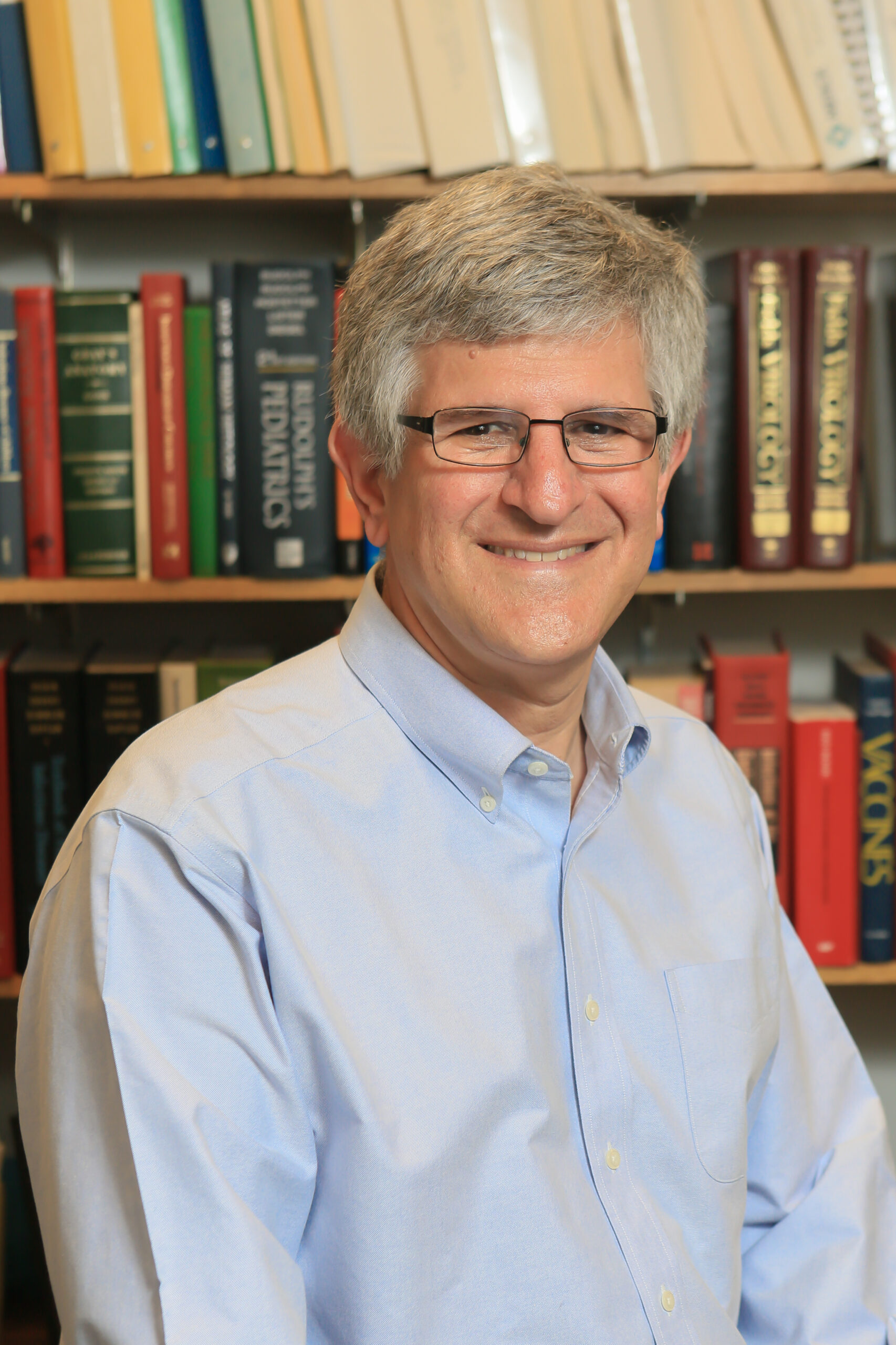Meet the Honoree: Paul Offit, MD, Co-Recipient of the Geoffrey Beene Foundation Builders of Science Award

As Research!America prepares for our 24th Advocacy Awards Dinner, we want readers to learn more about our award recipients. We are continuing our Tuesday series leading up to the March 11 event. Please meet Dr. Paul Offit, co-recipient of the Geoffrey Beene Foundation Builders of Science Award.
Paul A.Offit MD
Professor of Pediatrics, Children’s’ Hospital of Philadelphia
When did you know you were an advocate for scientific research and innovation?
I chose to go into pediatrics because of my love of children. The reason for that passion was that I was in a polio ward when I was five years old in the mid-1950s. It was at a time when there was only one visiting hour a week with maybe a couple of hours on Sunday. There were 20 other children in the ward there was no art therapy, or iPads, or televisions. You were there by yourself, on your own, laying there all week hoping that your parents would come. For many of those children, their parents never came.
That image was and is fixed in my mind. That experience was scarring. I saw children in that setting vulnerable, helpless, and alone. And, this drove me into pediatrics so I could take care of children. All nine books that I have written have at their heart child advocacy. So for me, child advocacy and advocacy for science are one and the same.
If you weren’t in your current field, what would you be doing?
If I had any talent, I would not have had to go to medical school! I enjoyed acting as a child. A friend and I liked to perform short comedy sketches, and I was in some drama plays in junior high school. So, I suppose I would have been an actor, especially a comedic actor.
Thankfully, when I give a talk and teach, I am able to draw on this desire still.
What do you consider your biggest career accomplishment? What do others consider your biggest career accomplishment?
The chance that I had to participate with the team at Children’s Hospital of Philadelphia to create the strains that became the human-bovine reassortant rotavirus vaccine: Rota Teq. Along with Stan Plotkin and Fred Clark, we are the co-inventors of the vaccine Rota Teq. That was a 26-year effort.
I feel very fortunate that I was at the right place, at the right time, with the right people. It was a very unique opportunity.
I’ve learned the most from…
I think the person who influenced me the most in my professional life has been Stanley Plotkin who was the chief of the division of infectious diseases when I arrived at Children’s Hospital in 1980 and is just a brilliant man who I learned from and continue to learn from. He has been a mentor and friend for 40 years.
What advice would you give to your 20-year-old self?
I think the answer is to hang in there. Of course, I would do some things professionally and personally differently. We all would. We all make mistakes. And sometimes these aren’t trivial mistakes. But, we learn from those mistakes. We have to learn from these mistakes. In fact, the way you learn is from mistakes. The decisions and mistakes I made when I was 20 were sometimes bad ones, but I think I needed to make them to grow.




